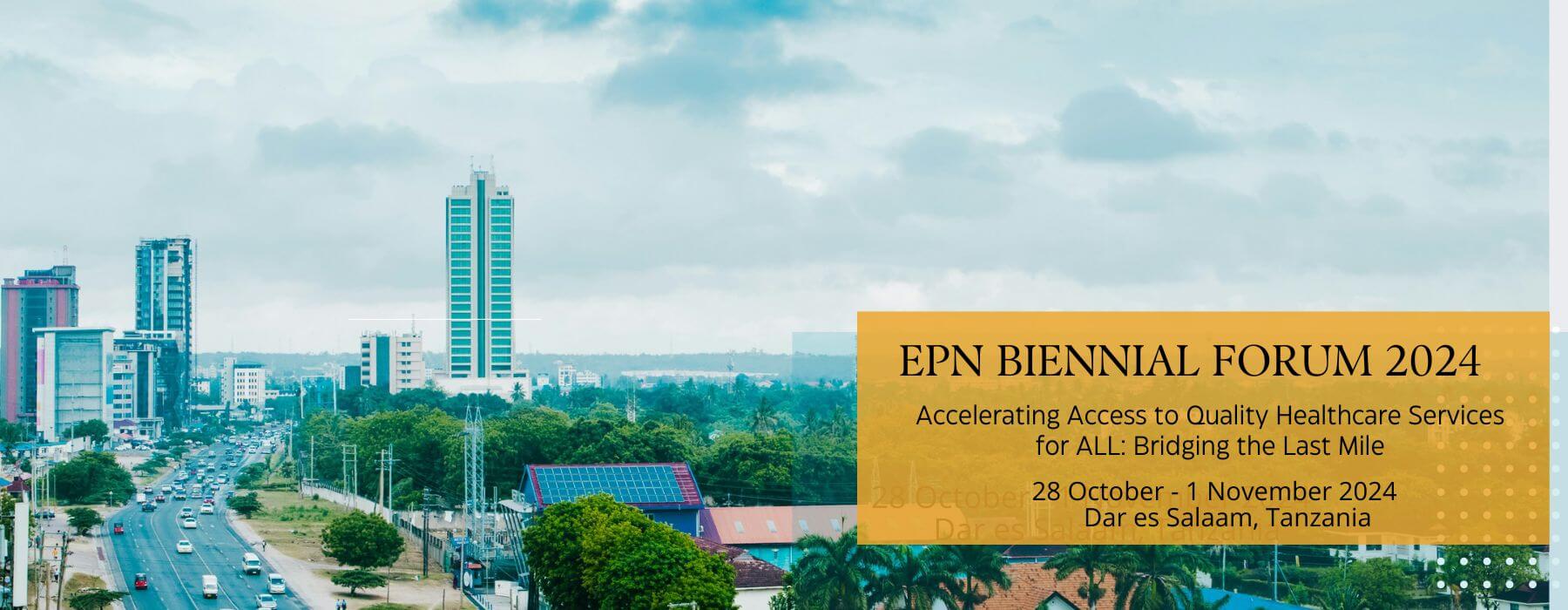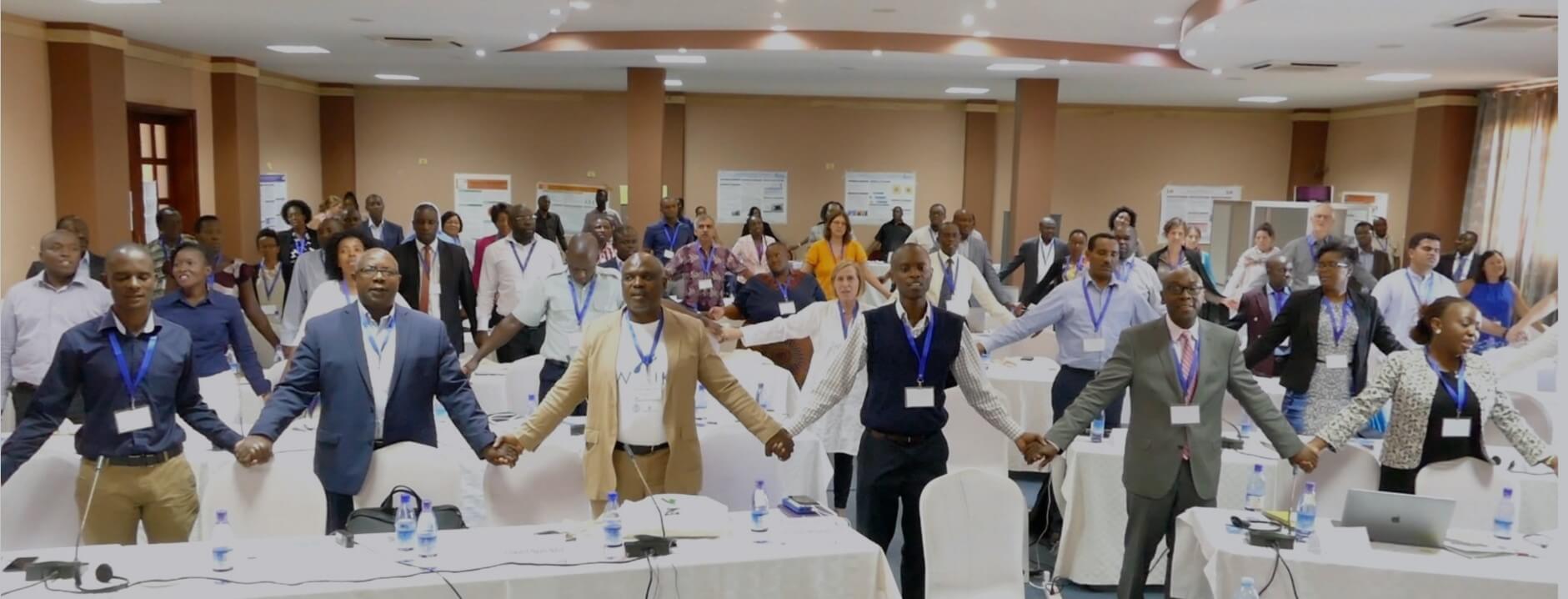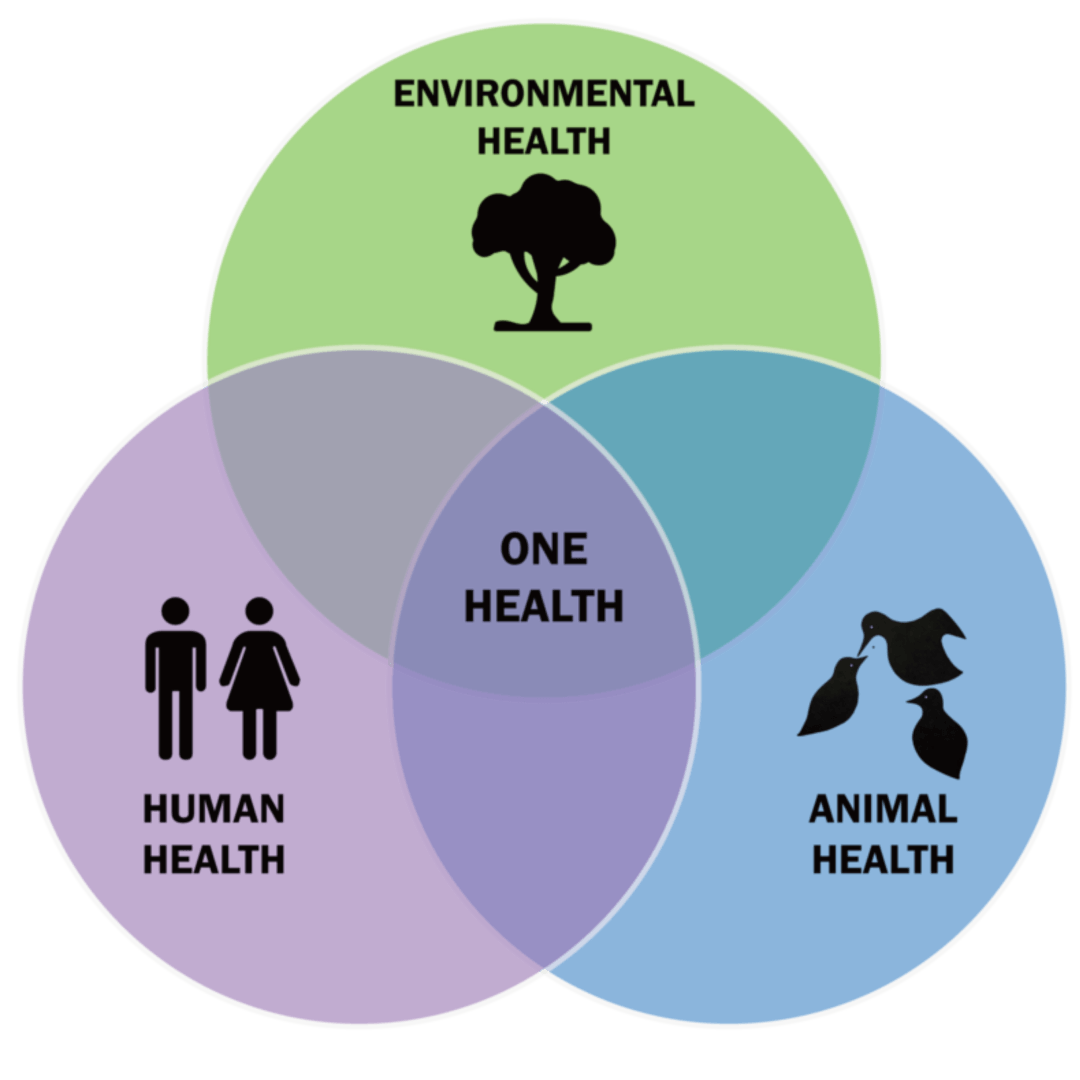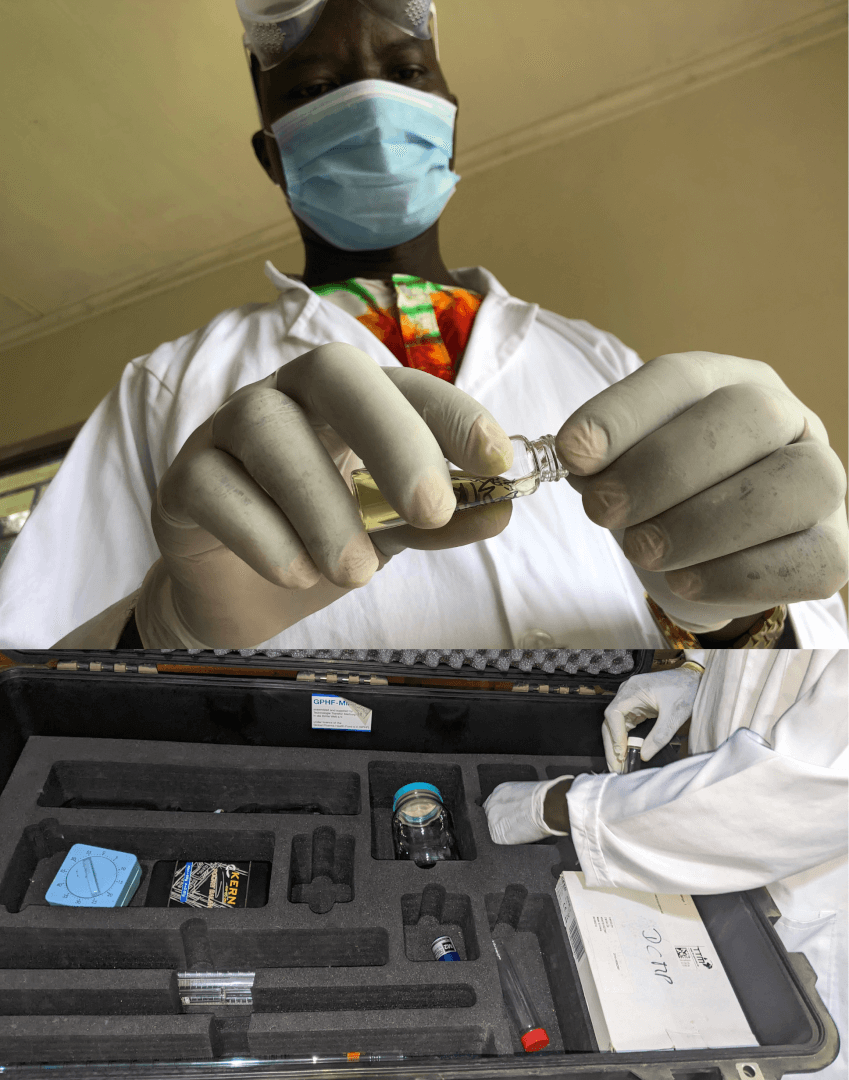Action Medeor International Healthcare
Who they are?
Action medeor international healthcare is a non-governmental charitable organization based in Germany it is Europe’s largest medical aid organization. Over the years we have provided low-cost, high-quality supplies to pharmaceuticals to healthcare facilities over 140 countries, especially in developing nations and regions affected by humanitarian crises. AMT also has extended branches to Malawi and Tanzania. And we a proud that we have establish local production of reagents to Tanzania which this local production of reagents will support the entire East Africa.
What they provide:
- Medicines and medical supplies: amt provides essential medicines, medical equipment, and instruments, often at cost or as donations
- Healthcare development: support international healthcare projects focusing on prevention diagnostics, and treatment.
- Training and capacity building: Help train healthcare professionals and support the establishment of local pharmaceutical production facilities
- Emergency aid: In times of crises, such as natural disasters, they offer rapid medical relief.
- Production of Reagents: Action medeor healthcare in Tanzania has established the production of reagents in the whole of East Africa since 2023.
Website: www.medeor.de/en
Christian Social Services Commission
The Christian Social Services Commission (CSSC) is a dynamic ecumenical organization dedicated to transforming lives and communities through comprehensive social services in Tanzania. It stands as a beacon of hope providing essential health and educational services across the country.
What they provide:
- Quality healthcare services: Provides a range health services, including maternal and child health, infectious diseases management, and nutrition programs, ensuring that vulnerable populations have access to quality.
- Educational initiatives: Improvement in the educational sectors by providing vocational training that empowers in the communities.
- Community development: Working closely with local communities, we address their specific needs and aspirations.
Their impact is to provides services not only accessible but also effective in meeting the needs of the communities they serve. They also provide social justice, advocating for equitable access to resources and services for all, particularly marginalized groups.
Website: www.cssc.or.tz
U.S. Pharmacopeial Convention (USP) PQM+
Is an innovative initiative designed to revolutionize the landscape of healthcare in low- and middle-income countries. Its the forefront of ensuring the quality, safety, and efficacy of essential medicines worldwide. Funded by the U.S. Agency for International Development (USAID) and led by the U.S. Pharmacopeial Convention (USP).
What they provide:
- Quality medical products: Provide technical assistance to local manufactures, ensuring they meet rigorous international standards.
- Capacity building: Training professionals, establishing drug quality control labs, and implementing best practices.
- Health systems: Promote long-term sustainability and improved healthcare outcomes.
Their impact brings global impact due to numerous countries contributing to healthier communities by providing safe and effective medicines but also partnerships with governments, NGOs, and healthcare providers ensure to make a meaningful difference. But also, provide guidance by sharing invaluable knowledge and resources, empowering countries to enhance their pharmaceutical systems and regulatory frameworks.
Website: www.usp-pqmplus.org
German Institute for Medical Mission eV (Difäm)
Is a prominent healthcare organization focused on improving global health, especially in underserved and neglected regions. It offers a wide range of services including access to essential medicines, strengthening healthcare systems, and providing training to local healthcare professionals. They have a span of multiple areas, from combating infectious diseases like HIV and tuberculosis to ensuring the availability of life saving medications in remote areas.
Their pharmaceutical initiatives focus on building sustainable medical infrastructures by creating central pharmacies, training pharmaceutical experts, and ensuring the quality of medicines through mobile labs. They also play a key role in advocating for better health policies and providing emergency medical aid in conflict zones.
With projects in over 90 countries, has made significant strides in making healthcare more accessible and equitable, contributing to long-term improvements in local healthcare systems. Their efforts have made them a key player in global healthcare, especially for marginalized communities.
Website: www.difaem.de/en/index.html
Business for Health Solutions
Is a global non-profit that takes a private-sector approach to strengthen healthcare systems, focusing on Africa. Their mission is to empower local healthcare enterprises by providing them with the technical expertise they need to deliver high-quality, affordable, and accessible healthcare services to their communities. BHS connects these enterprises with corporate volunteers who offer remote technical assistance, covering everything from manufacturing and distribution to clinical services and healthcare management.
BHS operates in countries like Tanzania, Ghana, Kenya, and Rwanda, helping over 40 healthcare companies. Their projects have seen a 92% client satisfaction rate, driven business growth and enhancing healthcare delivery, especially in under-resourced regions. They assist with everything from Good Manufacturing Practice (GMP) compliance and supply chain logistics to clinical trials and financial management. Their efforts are crucial in making healthcare products and services more accessible and affordable.
Website: www.businessforhealthsolutions.com
BEGECA
BEGECA is a leading service provider that support charitable, non-profit, and church partners by offering a comprehensive range of procurement, logistics, and consulting services. They specialize in provide high-quality products and reliable solutions for development projects, particularly in challenging environments. BEGECA supplies everything from vehicles, medical equipment, and solar systems to vocational training equipment and WASH (Water, Sanitation, and Hygiene) modules.
Their goal is to help partners successfully implement projects by offering tailored solutions that prioritize sustainability, quality, and affordability. From the selection of goods to competitive procurement processes and safe transport logistics, BEGECA ensures every component of a project meets the highest standards. They also offer after-sales services, ensuring the long-term success of the projects they support.
BEGECA’s global reach includes partnerships in Africa, Asia and Latin America, ensuring that their expertise benefits communities in need of robust, sustainable solutions to drive development and improve lives.
Website: www.begeca.org/de
IDA Foundation
IDA Foundation bridges the gap in access to essential medicines and medical supplies, particularly in low- and middle-income countries. They offer over 3,000 quality-assured products aligned with the WHO Essential Medicines List, including pharmaceuticals, medical equipment, and supplies for emergency response. With nearly 50 years of experience, IDA provides reliable supply chain services, ensuring that products reach healthcare providers globally, all while adhering to the highest quality standards. Their mission is to make healthcare affordable, accessible, and sustainable across the world.
Website: www.ida.worldbank.org/en/home
Farmacie Mondiaal
Farmacie Mondiaal is a Netherlands-based non-profit organization specializing in pharmaceutical development projects aimed at improving healthcare in developing countries. The organization is driven by Dutch pharmacists and operates on a volunteer basis. Rather than shipping medications, Farmacie Mondiaal focuses on supporting local pharmaceutical projects by providing expertise and essential resources, such as funding for travel, software, and medical equipment.
They sponsor projects that enhance the local availability of medicines and improve pharmaceutical practices, such as implementing pharmacy software for better stock management and promoting safe medication use. Their initiatives also include knowledge transfer and collaboration with healthcare professionals to create sustainable, localized solutions.
With a focus on empowering communities and strengthening healthcare infrastructures, Farmacie Mondiaal ensures that its assistance aligns with the actual needs on the ground. Their work is impactful and well-received, fostering partnerships with organizations and professionals in both the Netherlands and the project countries
Website: www.farmaciemondiaal.nl
Misereor
Misereor is a prominent German Catholic organization dedicated to fighting poverty and improving the quality of life for vulnerable communities worldwide. With a focus on regions such as Africa, Asia, Latin America, and Oceania, Misereor collaborates with local partners to deliver sustainable solutions that address critical issues like hunger, diseases, and social injustice.
Their projects emphasize self-initiative, empowering local communities to shape their futures by tackling food insecurity, ensuring access to clean water, and combating climate change. MISEREOR’s support extends across various sectors, including agriculture, energy, and natural resource management, all with the aim of promoting equality and human dignity.
By working alongside faith-based organizations, NGOs, and social movements, MISEREOR ensures its initiatives are culturally relevant and impactful, fostering long-lasting change that benefits not just individuals, but entire communities.
www.misereor.or
Sygnalytic/Maisha Meds
Maisha Meds focuses on providing affordable, high-quality healthcare to underserved communities by enhancing access to essential medicines. Through its cutting-edge mobile software, the platform connects pharmacies and clinics with affordable medication and incentives them to follow best practices, particularly in malaria care. Supported by USAID and the Bill & Melinda Gates Foundation, Maisha Meds is rapidly expanding across Africa, aiming to reach 7,500 pharmacies and provide subsidized care to nearly a million patients. They offer a digital health solution for remote clinics in East Africa, leveraging distributed ledger technology and renewable energy. The platform used ensure real-time health data generation, better stock management of essential medicines, and seamless communication between healthcare stakeholders. This leads to improved patient care in low-resource and areas and prevents critical shortages.
Website: www.maishameds.org
Mission for Essential Drugs & Supplies
The Mission for Essential Drugs and Supplies (MEDS) is a leading faith-based, not-for-profit organization based in Nairobi, Kenya. It plays a vital role in delivering high-quality, affordable medicines and medical supplies to health facilities across Kenya and neighbouring countries. MEDS serves over 1,800 public and private health centres, helping to ensure consistent access to essential drugs, medical equipment, and laboratory services. Their expertise includes supply chain management, quality assurance, and capacity building for healthcare providers.
MEDS is particularly known for its competitive pricing and ability to distribute antiretroviral drugs (ARVs) and other essential medicines in challenging environments, making healthcare accessible even in remote or underserved regions. They also provide training for healthcare professionals, further enhancing the impact of their supply services.
For partners or stakeholders, MEDS’ long-standing experience, comprehensive network, and dedication to improving healthcare access in Africa make them an invaluable partner for sustainable health solutions.
Website: www.meds.or.ke/
Depot Central Medico-Pharmaceutique
Depot Central Medico-Pharmaceutique (DCMP) is a faith-based non-profit organization that operates in the Democratic Republic of Congo, specializing in supplying essential generic medicines, medical consumables, and lab materials to healthcare facilities and government partners. They focus on improving access to quality pharmaceuticals, particularly in South Kivu and Eastern DR Congo, and play a crucial role in strengthening the health systems in the region.
DCMP not only provides necessary pharmaceutical supplies but also addresses local challenges, such as manufacturing ethanol-based hand sanitizers during the COVID-19 pandemic when external supply chains were disrupted. This adaptability underscores their commitment to overcoming logistical obstacles and supporting healthcare initiatives. By working closely with partners like the Church of Christ in Congo and the Ecumenical Pharmaceutical Network, they help improve health outcomes in underserved areas, making them a vital player in the region’s health sector development.
Their success in increasing the availability of essential medicines an in-country manufacturing capacity highlight their ability to provide sustainable solutions during health crises.
Website: www.dcmp8ecepac.org/en
Joint Medical Store
Joint Medical Store (JMS) is a leading healthcare supply chain entity in Uganda, primarily focused on delivering high-quality pharmaceutical products and medical supplies. Established as a non-profit organization, JMS excels in procurement, warehousing, and distribution services, ensuring that essential health commodities reach healthcare facilities across the country. They are renowned for maintaining high standards in the storage and handling of medical supplies, operating state-of-the-art warehouses that ensure optimal product conditions.
Additionally, JMS offers financial flexibility to healthcare institutions by providing medical products on credit, allowing facilities to manage their resources more efficiently. Recently, JMS has expanded its operations into the manufacturing sector, aiming to produce quality healthcare products locally thereby contributing to Uganda’s self-reliance in healthcare.
JMS collaborates with major partners like USAID and the Ugandan Ministry of Health, playing a crucial role in the distribution of antiretroviral drugs (ARVs) and other critical medical supplies. Their extensive distribution network and emphasis on quality management make them a trusted partner in the healthcare sector.
Website: www.jms.co.ug

















